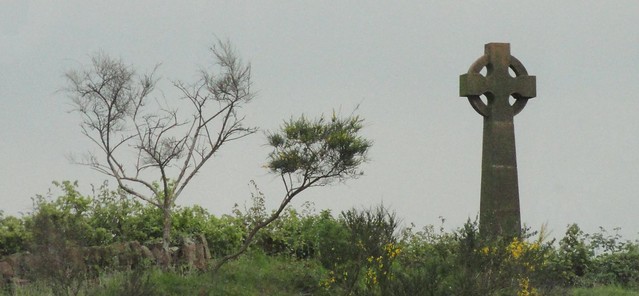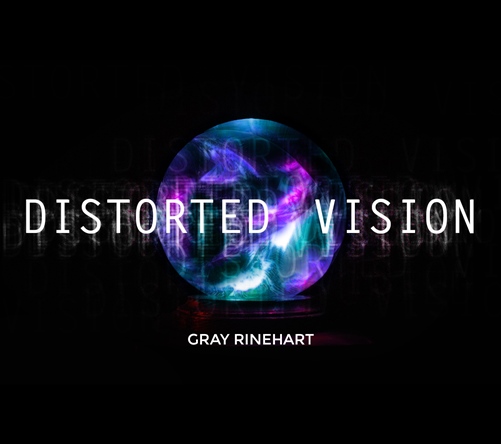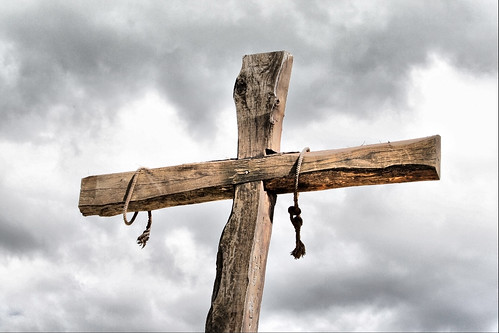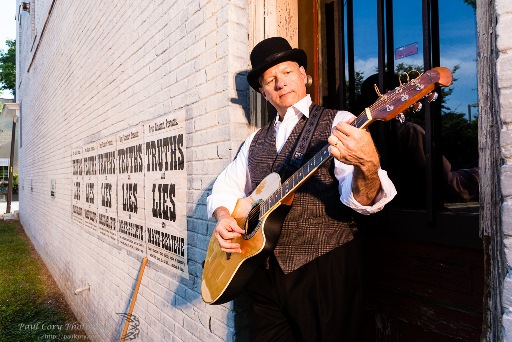In late October, I posted about The Church I’d Like to Start: a church that, more than anything else, would serve others more than it served itself. As I noted then, I would call it The Gift Church, or The Gift for short.
In this season of giving, it seems appropriate to revisit the idea.

(“Pablo Picasso: The meaning of life is to find your gift. The purpose of life is to give it away,” by BK, on Flickr under Creative Commons.)
In that earlier post I laid out what I see as the purpose and the central tenet of such a church, a congregation that would make “giving its most fundamental reason for being.” Basically, the church would commit itself to spending more on the needy than it spent on itself.
How could a church begin to do such a thing? Obviously (perhaps), all who joined it would have to agree on the importance of service to others. But it seems important for the church to develop a clear statement of why they consider it important, such that even those who might just think about joining could understand.
In my musings on the subject, I put it down like this:
Guiding Principle. In the same way that the Lord Jesus Christ did not select disciples so that they could serve only one another or that He could serve only them, the Church does not exist so its members can serve only one another or keep His blessings to themselves. If the Church ceases to serve others, or serves itself to the exclusion of others, it shall not have fulfilled its purpose, because the observation that “where your treasure is, there your heart will be also” (Matthew 6:21, and especially Luke 12:33-4) can be understood to apply to the corporate Church as well as to individual believers, and so can the Lord’s teaching that service to the poor and downtrodden is, in effect, service to Him (Matthew 25:31-46).
How does that break down?
In the same way that the Lord Jesus Christ did not select disciples so that they could serve only one another or that He could serve only them, the Church does not exist so its members can serve only one another or keep His blessings to themselves. What did He say to the fishermen? That if they came with Him, He would make them “fishers of men.” Once they were gathered together, did the disciples settle down and have weekly Bible studies and monthly family night suppers with one another? Maybe they did, but if so it wasn’t important to the Gospel writers to record it.
What we do have from the Gospel record is that Jesus sent disciples out into the towns and villages, and to do what? To serve (primarily to heal the sick). And when that phase of the ministry was over, He continued to lead his core group from place to place as he taught and healed and inspired the multitudes.
If the Church ceases to serve others, or serves itself to the exclusion of others, it shall not have fulfilled its purpose…. It seems that statement could — emphasis on could — be true of the church as a whole: the small-c catholic or “universal” church. But it would certainly be true of the specific church as visualized here, the church that would adopt this Guiding Principle. The “Gift” would be a church with a clear purpose, and definite call, to serve others more than it served itself; and if it failed in that purpose, then it should disband and free its members to serve in other places to accomplish other purposes.
… the observation that “where your treasure is, there your heart will be also” (Matthew 6:21, and especially Luke 12:33-4) can be understood to apply to the corporate Church as well as to individual believers…. What do those passages teach? That “you can’t take it with you.”
Those passages encourage believers to make themselves ready for the coming kingdom of God by “laying up … treasures in Heaven” rather than accumulating treasures on Earth. On Earth, treasures lose their value, can be destroyed or stolen; not so treasures in Heaven. And while the passages are almost always discussed in personal terms, i.e., with respect to what individuals might treasure, have you ever thought of the church as having a heart that reflects what it treasures?
Have you been to churches that have laid up for themselves treasures here on Earth? Churches, for example, that treasure their facilities, their buildings and yards, their parking lots and playgrounds, their stained glass windows and sound systems, etc., etc., more than they seem to treasure the people that use them? (As a point of reference, I was once told I couldn’t have a bottle of water in the sanctuary of a church, because I might spill some on the carpet.) That’s not to say those things are bad, or that they should be taken for granted, only that the perception of their worth can be out of proportion.
Consider that the passage in Luke’s Gospel goes further than that in Matthew’s, in that it quotes Jesus as telling his listeners to sell their possessions and give to charity. In that context, it is hard enough to justify as individuals the accumulation of wealth; how can a Christian church justify it?
Have you been to churches that seem as if they devote more money to the parishioners’ creature comforts, whether air conditioning or cushy chairs or flatscreen TVs, than they do to helping other people? The sanctuary, classrooms, and furnishings in many churches are usually used only a few hours a week (as an exercise, drive by almost any mainline church at 2 p.m. on Thursday afternoon and count the cars in the parking lot), and even if the cost per attendee per hour was low, do those things amount to Heavenly treasures?
In contrast, have you been to churches that denied themselves in order to more fully serve others, in order to lay up treasures in Heaven? Or at least tried to serve others to the same degree they served themselves? I’m not sure I have.
I’m not sure such a church could long survive.
… so can the Lord’s teaching that service to the poor and downtrodden is, in effect, service to Him (Matthew 25:31-46).
This Scripture, about feeding the hungry, clothing the naked, visiting the sick, etc., is also usually invoked in reference to individuals. But the Church is a group of individuals that considers itself one body; why can’t the instructions directed at people be taken to include the collective Church itself? Should the Church exclude itself from opportunities to serve Christ by serving those in need, or should it seek out those opportunities?
Some churches do this very well, by operating food pantries or soup kitchens or job programs or a myriad of other services. Some, however, seem to offer little more than platitudes; and Christ is quite clear that when the day of reckoning comes the King’s response to those who failed to tend to the thirsty, the strangers, the prisoners, etc., will be, “Depart from me.”
___
That’s what I came up with as the guiding principle behind The Gift Church, a congregation that would take “it is more blessed to give than it is to receive” (Acts 20:35) seriously.
Do you think such a church could operate long enough to make a difference in the world? Does the idea resonate with you at all? Or am I the only one?
___
Previously on this topic: The Church I’d Like to Start: A Church that GIVES














